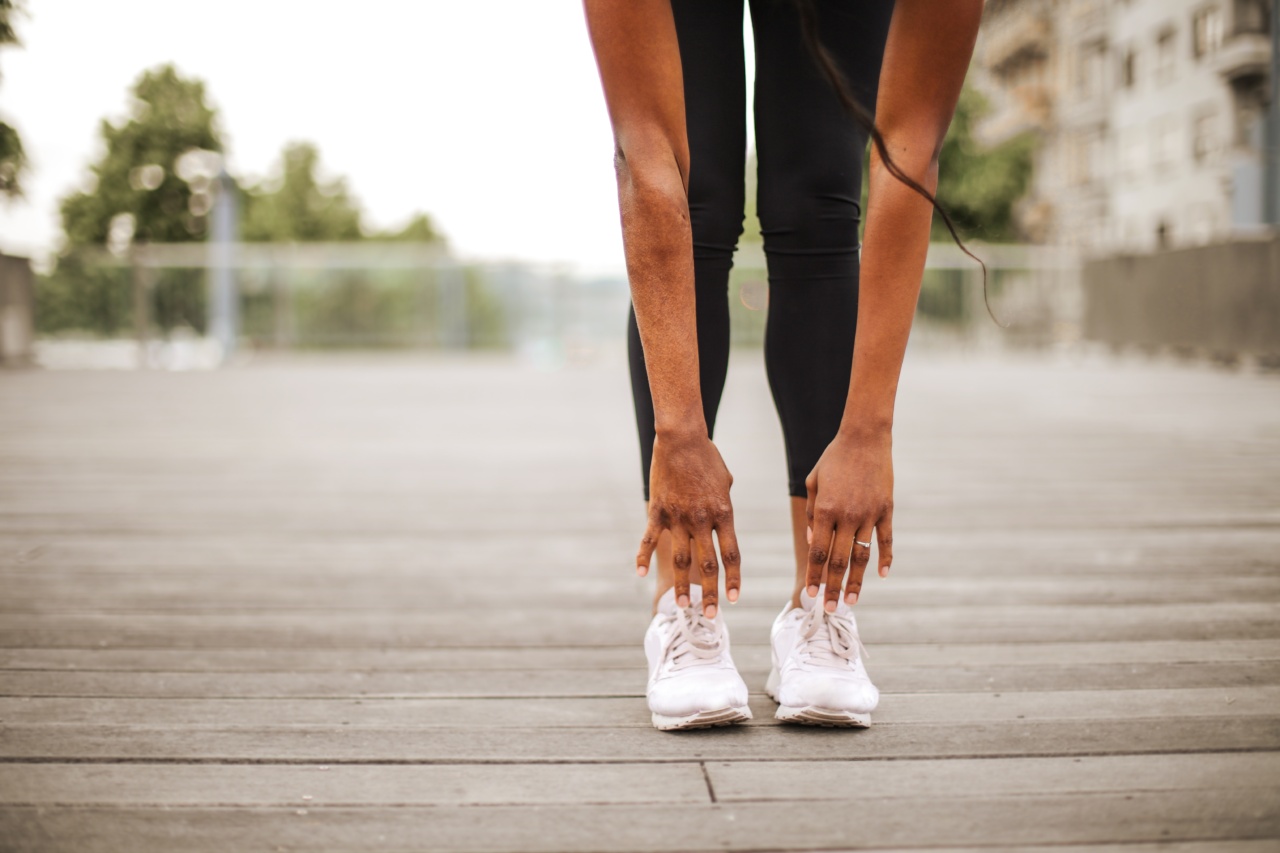Our feet are incredible structures that provide the foundation for our entire body. While we often take them for granted, our feet play a significant role in our overall health and well-being.
It may come as a surprise, but the health of your feet can impact various aspects of your physical and even mental health. In this article, we will explore the surprising ways your feet are connected to your health.
1. Balance and Posture
Good balance and posture are essential for overall health and can prevent falls and other accidents. Your feet play a crucial role in maintaining balance and proper posture.
They act as shock absorbers, distribute your body weight evenly, and provide stability when standing, walking, or running. Any issues with your feet, such as fallen arches or improper alignment, can affect your balance and posture, leading to discomfort and potential injuries.
2. Foot Pain and Discomfort
One of the most common ways your feet affect your health is through foot pain and discomfort. Many people experience foot pain at some point in their lives, and it can be incredibly debilitating.
Conditions such as plantar fasciitis, bunions, corns, and calluses can cause significant pain and impact your mobility. The discomfort can affect your overall quality of life, leading to reduced physical activity and even weight gain.
3. Circulation
Your feet play a crucial role in maintaining proper blood circulation throughout your body. They help pump blood back to your heart, preventing fluid retention and swelling.
However, certain conditions, such as peripheral artery disease (PAD), can restrict blood flow to your feet and lower limbs. This can lead to symptoms like cold feet, numbness, and an increased risk of infections. Regular foot massages, exercises, and elevating your feet can help improve circulation.
4. Foot Reflexology
Foot reflexology is an ancient practice that believes specific points on the feet correspond to various organs and systems in the body. By applying pressure to these points, practitioners aim to promote better health and alleviate symptoms.
Reflexology is believed to stimulate nerve activity, improve circulation, and activate the body’s natural healing mechanisms. While scientific research on reflexology is limited, many people find it beneficial for relaxation and stress reduction.
5. Foot Health and Diabetes
If you have diabetes, taking care of your feet is crucial. Diabetes can cause nerve damage and decreased blood flow to the feet, leading to diabetic neuropathy and foot ulcers.
Proper foot care, including daily inspections, regular moisturization, and wearing comfortable shoes, can significantly reduce the risk of complications. Prompt treatment of any foot-related issues is essential for individuals with diabetes to prevent infections and potential amputations.
6. Footwear and Joint Health
The type of footwear you choose can have a profound impact on the health of your feet and joints.
Ill-fitting shoes, high heels, and unsupportive footwear can increase your risk of foot and ankle injuries, as well as negatively affect the alignment of your joints. Wearing comfortable, properly fitted shoes with adequate support can help prevent conditions such as arthritis and joint pain.
7. Foot Health and Exercise
Regular physical activity is crucial for maintaining overall health and well-being. However, foot pain or discomfort can hinder your exercise routine.
Conditions such as shin splints, stress fractures, or Achilles tendonitis can make it challenging to engage in physical activities. Taking care of your feet, wearing appropriate footwear, and addressing any foot issues promptly can help you stay active and enjoy the benefits of exercise.
8. Foot Health and Mental Well-being
Believe it or not, the health of your feet can also impact your mental well-being. Chronic foot pain, limited mobility, and discomfort can lead to feelings of frustration, helplessness, and even depression.
The ability to move freely and without pain is essential for maintaining a positive outlook on life. Taking care of your feet, seeking appropriate treatment for any foot conditions, and practicing self-care can contribute to your overall mental well-being.
9. Reflexology and Sleep Quality
Reflexology techniques, specifically targeting certain points on the feet, are believed to promote better sleep quality.
By stimulating specific reflex areas, reflexologists aim to activate the body’s relaxation response, reduce stress, and induce a state of calm. While scientific evidence is limited, many people find reflexology helpful for achieving a better night’s sleep and managing sleep-related issues.
10. Foot Health and Overall Quality of Life
Your feet are your primary mode of transportation, allowing you to move and explore the world around you. When your feet are healthy and pain-free, you can engage in physical activities, enjoy hobbies, and live life to the fullest.
On the other hand, neglecting foot care or ignoring foot-related issues can significantly impact your overall quality of life, limiting your mobility and independence. Prioritizing foot health is essential for maintaining an active and fulfilling lifestyle.































